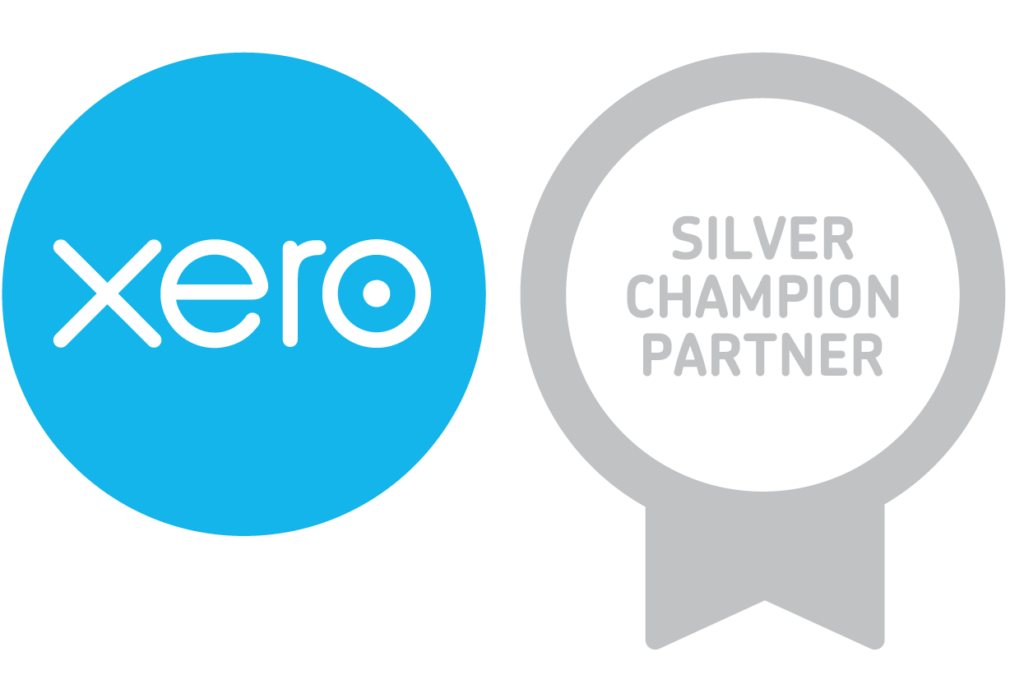Why Xero?
Numeric has been nominated for an award by Xero which we are enormously proud of. It got me thinking about Xero and why it works so well. While we will work with any accounting platform that improves our customers’ processes and peace of mind, we favour Xero and it is in most of the customers we work with.
Before I go into the benefits we see with using Xero, I’ll explain what Numeric is trying to achieve. This will give you insight into what cloud technologies offer and how the world is changing.
Numeric, and Xero as it happens, are focused on small to medium-sized businesses. A small business is anything up to €5 million turnover and medium is beyond that. How useful Numeric is beyond €10M turnover depends on customer specifics and Xero is the same.
When we established Numeric, we saw three needs in the market that we wanted to address:
- The difficulty for scaling businesses to build an internal accounts function as they grow.
- The need for experienced accountants, often women, to find roles that suited their lifestyle choices.
- The challenge to effectively deploy accounting technologies and related applications in businesses.
Scaling Businesses

By its nature, a scaling business is focused on solving difficult and often big problems. They are led by founders with a big vision who need to focus on unlocking the opportunity and they typically require external funds to fuel the idea exploration and growth of the business.
In our experience those founders spend too much time distracted by routine type accounting and reporting, often spending much of this time reacting to investor concerns which distract them from focusing on unlocking the opportunity they have identified.
Live data, with best-in-class reporting, provides decision-makers and other stakeholders with comfort and access to information to make quicker, better decisions. At Numeric, we focus on the delivery of prompt, accurate, and relevant information every month.
Furthermore, building an internal accounts team to report internal information is a distraction from the business of exploiting the idea and it is expensive when the business doesn’t have the necessary volumes to justify a full team.
Numeric solves this problem for customers, deploying technology, processes, and people to give a scaling business the feel of a full accounts team without the cost.
People

The world is evolving quickly, and we are all aware of the many industries that have been disrupted by technology. The accounting profession is often quoted as the most likely profession to be hit ‘next’ or hit ‘hard’ by technology. I agree with this position, in many ways the accounting profession will certainly be unrecognisable in ten years.
Most obviously technology is removing the need for routine processing. This is happening now and it’s not a terrible thing. As a student, I worked in RTE, the Irish National Broadcasting Station, in accounts processing of payments invoices. This was labour intensive repetitive work. Technology can now complete all the keying work I completed in that role. This was just routine processing, and we should be glad to see the back of it.
What’s more interesting is the role that technology can play in generating business information and how the production of this information can be automated. To access this information and to make sure it is valuable information we need people to understand the technology, understand the business needs, and most importantly, make it work. Accountants are ideally placed to do this.
Due to my circumstances, and the experience of my wife and our friends, I identified a need in the market for roles that suit experienced accountants who don’t have the capacity to work full time and need to be close to home. These are often women but men too.
The recruitment pages are full of promises of flexible working opportunities but in truth, it is exceedingly difficult for established businesses to offer flexibility to new employees. Also, established successful business models which were set up using full-time location-based employees find it hard to change.
At Numeric, pre-pandemic, we set about developing a model which facilitated part-time remote work for team members. The pandemic normalised that model for us and is making it much easier for us to deploy it. In our experience, it takes a certain type of person, with particular needs and outlook to embrace it. The company must take a different approach to managing the team which needs a more open, trusting approach but the rewards are fantastic.
We continue to work to improve the remote working model. We strive to be the best. It’s not about side benefits (even though we do online Yoga together every week!); it is more about clarity of role and responsibilities, realistic workloads, sound communication, shared values and purpose, and appreciation of each other and capable leadership.
We are small enough for all of us to have an input in shaping the culture and influencing how we work. This is something we talk about all the time. We are developing practices on how we chat, when we do video, how often we physically meet etc. Clarity on our roles, responsibilities, and workloads is harder to get right, particularly as we are all different, with diverse views, needs, and expectations. We are understanding this area more and getting better.
For now, Numeric is a place where experienced people, with a need for a flexible, remote role can find a place to develop and progress their careers.
Technology

Gone are the days when a business deployed a ‘one does all’ piece of technology. When I trained as an accountant, businesses typically deployed integrated systems like Oracle or SAP at the enterprise level and Sage or similar below that. Around the year 2000, Salesforce ‘invented’ the SaaS model and the world changed forever. Slowly for starters but now as individuals and in our businesses, we use many subscription services.
These technologies bring many benefits, but they can be difficult to deploy effectively and maximise the capability. We all know the applications we pay for that we use to a limited level or even not at all! Getting the many applications in our business to work effectively takes time and requires input from experienced people.
At Numeric we spend much of our time improving our knowledge of the technology we use. This takes significant effort on our part. Xero alone is continuously improving the platform, adding functionality and integrations. We work with many other applications that plug into Xero and these are continuously improving. Fathom, a reporting tool we use took us months to get on top of, and now 18 months later we are super users but still learning all the time.
Focusing on understanding the applications our customers use has several benefits. Firstly, we get to use the technology at a level that truly helps our customers, and we get synergies when we share this experience across our customer network, benefiting all of us. Secondly, the Numeric team gets to work at the forefront of technology deployment. This develops our skill sets individually and makes our work particularly rewarding. This is where accountants with a focus on technology can excel; the combination of our professional knowledge and technology know-how is beneficial to our customers. Many applications are designed by technologists (engineers) with some accounting input in the beginning, but this gets lost as the operational functionality takes precedence (rightly so) but when it all needs to slot together to produce valuable information, the accountant is best placed to make sense of it all.
Why Xero?

I remember when I first heard about Xero. It was first adopted by non-accountants, typically early adopters, quite happy to see something disrupt the staid accounting world; this is exactly what it was doing. Imagine designing accounting software that was easy to navigate, that you didn’t have to be an accountant to use! When you make a mistake, you can correct it with ease! Understanding that it was a platform was to come later, but it was obvious as a cloud solution there were distinct advantages.
Xero was faster to use, you could access it anywhere, it was always up to date which delivered confidence and the platform was to start to deliver incredible functionality. Other solutions have been chasing Xero but its ease of use, a founding assumption, means that all users whether they are accountants are not can feel comfortable using it. At Numeric we love it for this reason alone.
In recent years, the platform has been coming into its own. Xero continues to add functionality but if there is something that your business needs, that you’d like to use with your accounts package well it’s quite likely ‘there’s an app for that’.
When we founded Numeric, we needed to be able to work remotely, we needed to be able to add different functionality with different customers and we needed to be able to scale by location or volume with our customers. Xero does this with ease. Only one of our team members had used Xero before joining Numeric yet they have all found it easy to train onto and intuitive to work with.
We offer an in-house accounts function based on a subscription model. We deploy many third-party technologies, ideally on the Xero platform. We maintain this technology, processing data where necessary to produce prompt, relevant, and exact information for decision-makers. We have developed our practices and processes, the Numeric Way, to make all this happen efficiently. We love to be in the background, delivering quietly.
This is Finance as a Service – FaaS, and we couldn’t do it without Xero.
Want more information about how Numeric can help your team with Xero? Connect with us today to see how we can take your accounting further: https://numeric.ie/contact/


Leave a Reply